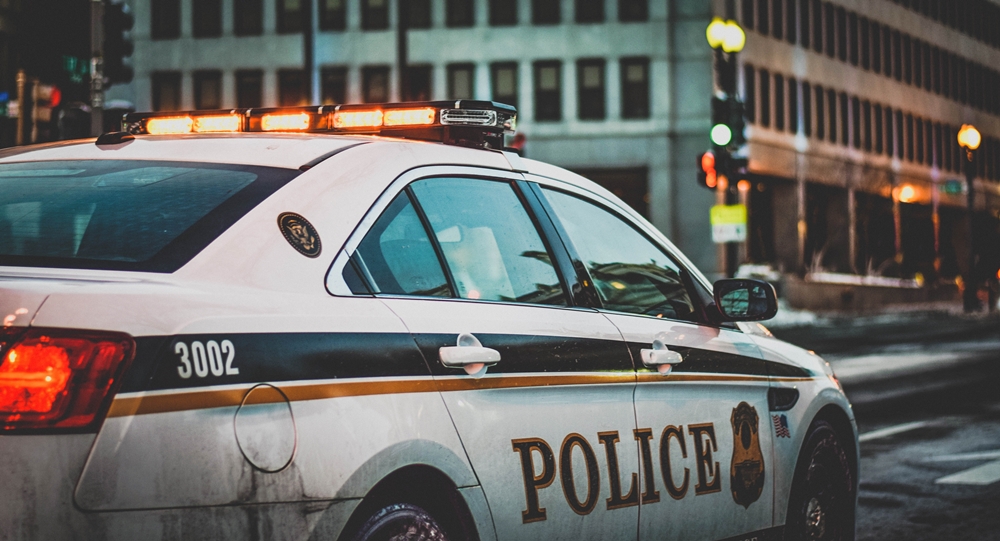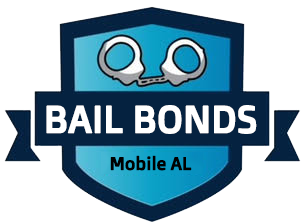
If you are ever pout celebrating during a major holiday, chances are you have either seen or maybe have even experienced a DUI checkpoint. These tend to go on any time there are known instances of increased drinking and celebrating to ensure that any inebriated drivers are held accountable. But if you have never gone through one or feel anxiety about what your rights are during one, here are some things to know.
All checkpoints are announced ahead of time and they have to use the same rules for everyone
Checkpoints can honestly slip into murky waters legally unless there is clear transparency in how they are run which is why the law states that any checkpoints must be announced at least 24 hours ahead of the actual event and that the protocol must be consistent all the way through no matter the person. This is to make sure that no discrimination can happen or views that law enforcement is turning their eye away from some and not others. Some example rules may be that they will stop every 3rd car no matter what or that all cars must submit to a breathalyzer test but law enforcement can not just pick and choose who has to be tested.
Though they are checking for a DUI, you can be arrested for other things
Though the main point of these checks is to see if people are operating vehicles while intoxicated but if while under this check the police see other behaviors or crimes that may have been committed, they absolutely have the power to arrest someone for other or additional charges if the situation arises. In these types of situations however it is important to note that law enforcement can not do a search without permission or a warrant. This is where is also vital to understand that there is a difference between detainment and an actual arrest. With detainment law enforcement merely suspects that you have committed an illegal act and can detain you to further investigate this. For example, if in the check, a person shows erratic behavior they may detain them to have them undergo a full series of tests to see if they are actually able to safely operate a vehicle. They may ask to search the car and while you have the right to say no, it will almost be guaranteed that you would be detained. With detainment however, they cannot keep you over a certain amount of time before either having enough evidence to press charges and arrest or release you.
You can turn around at the checkpoint if done legally
When driving, if you see a checkpoint coming up and you have the space to turn around and go another direction, you are free to do so but if you are already stuck in a line or you have to make an illegal u-turn to make it happen, it is not wise to do that right in front of law enforcement and it will be better to just go through the checkpoint.
To conclude, it is completely understandable if there is some level of anxiety that goes with passing through a DUI checkpoint but just know that the police have to remain impartial by law. If you plan on going out on a major holiday, make sure to drink responsibly or opt for a taxi or Uber and make sure to check the state’s department of transportation for announcements on where checkpoints will occur.



